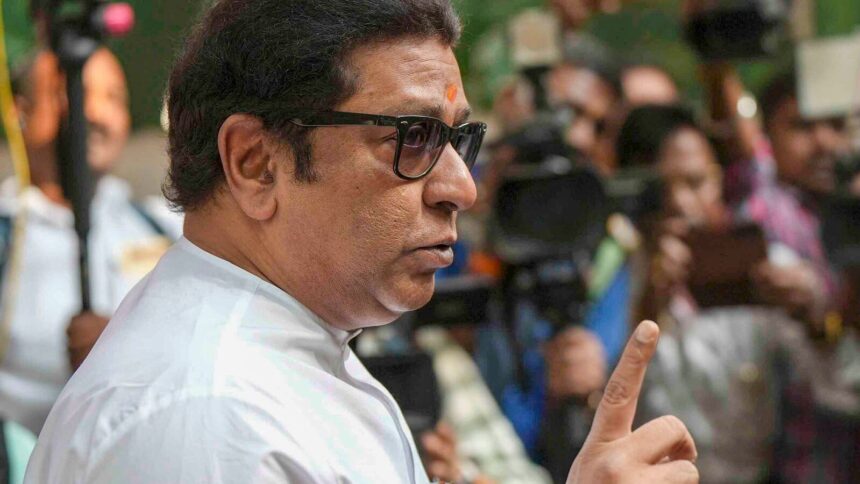The Political Landscape of Maharashtra: An Insight into MNS and Raj Thackeray’s Call for Action
The Maharashtra Navnirman Sena (MNS), led by Raj Thackeray, has found itself at a crossroads following the recent assembly elections in Maharashtra. The party’s struggle to resonate with voters, juxtaposed against lingering issues of regional identity and socio-economic disparity, raises critical questions about its future trajectory and the broader political climate in the state.
A Wake-Up Call for MNS
In a candid address on January 1, Raj Thackeray reflected on the stark realities facing his party and the Marathi populace. He recognized a disconnect wherein voters turn to the MNS for solutions to their problems but fail to support the party on election day. This sentiment echoed through his social media post, where he expressed a sense of urgency for his party members to accept electoral losses gracefully while strategizing to address the core issues that resonate with the electorate.
Thackeray pointed out the fundamental changes in society over the past 25 years, highlighting how advancements have simultaneously overshadowed persistent insecurity felt by Maharashtra’s native population. He noted that despite opportunities, young Maharashtrians often find themselves at a disadvantage compared to migrants from other states, exacerbating feelings of discontent and mistrust.
Addressing Employment and Inflation
Central to Thackeray’s message was the pressing issue of employment—or the lack thereof. The MNS leader stressed that caste should not define unemployment; however, he noted a troubling trend where caste-based conflicts are being incited. This reveals a deeper societal rift that must be addressed not just politically but on a community level as well.
Inflation, too, has emerged as a critical concern affecting all strata of society, particularly the working class and farmers. Thackeray’s acknowledgment of these challenges underscores the necessity for the MNS to evolve its approach to resonate with the grievances of its constituents genuinely.
The Aftermath of the Elections
The November 20 Maharashtra elections proved to be a significant setback for the MNS, which contested 125 out of the 288 assembly seats but ultimately won none. This defeat has led to a reevaluation of party strategies, especially regarding engaging and mobilizing its support base. Raj Thackeray’s son, Amit Thackeray, also faced defeat in Mahim, compounding the sense of urgency within the party to redefine its approach.
In the wake of the electoral loss, Thackeray asserted that issues such as oppression against Marathi speakers have surged, suggesting that the MNS must become a formidable voice for its constituency, particularly in defending regional rights.
The Path Forward for MNS
Raj Thackeray’s call for an internal dialogue among party members signals a need for rejuvenation within the MNS. He expressed an intention to reconvene with party workers to detail a broader direction moving forward. As the political dynamics of Maharashtra continue to shift, the MNS must embrace a dual strategy: addressing immediate socio-economic concerns while redefining its approach to electoral politics.
Conclusion
Raj Thackeray’s recent statements reflect a broader continuum of socio-political issues that Maharashtrians face today. As discontent grows and disparities linger, the MNS has the opportunity to re-engage with its base, foster unity among Marathi speakers, and become a proactive force against the challenges plaguing the state. Whether the party can successfully navigate this tumultuous landscape remains to be seen, but one thing is clear: the need for a meaningful, engaged political voice in Maharashtra has never been more critical.
The future of the MNS depends not only on addressing its internal challenges but also on its ability to connect authentically with the aspirations and grievances of the Marathi people.










